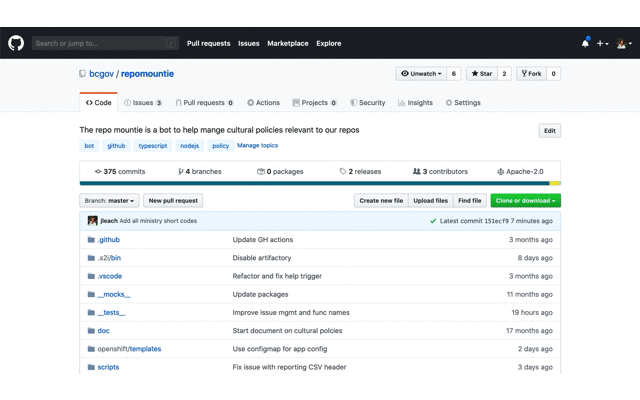openwallet-foundation / mobile-wallet-test-harness Goto Github PK
View Code? Open in Web Editor NEWAn acceptance test framework for testing mobile Aries wallets utilizing Python, Behave, Appium, and a mobile device cloud service.
License: Apache License 2.0

